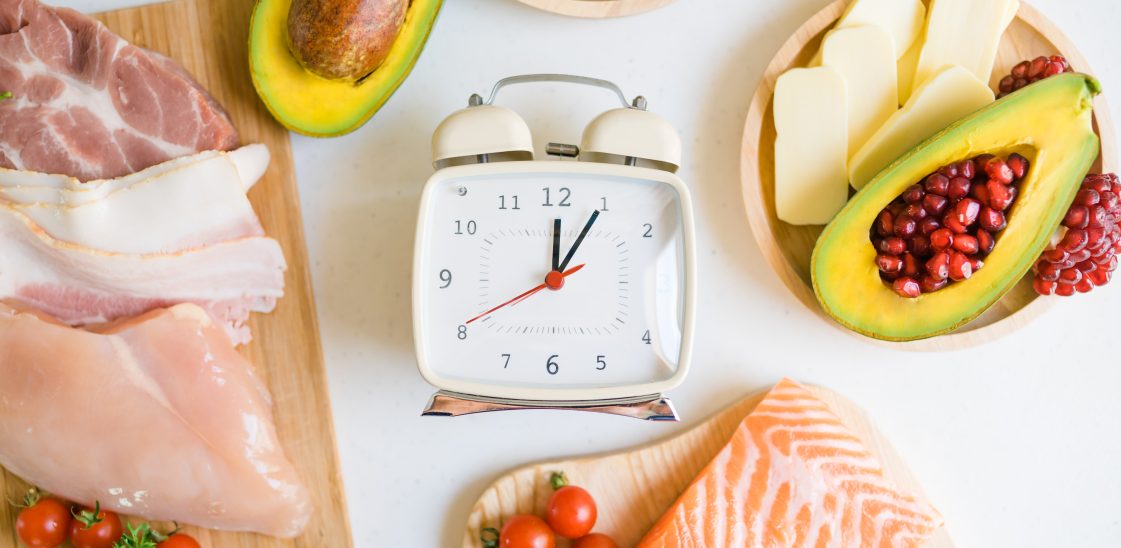
How to keep your teeth healthy while fasting
Are you following an intermittent fasting diet? Or perhaps you’re fasting for religious reasons? Whatever the case, it’s important that you give your teeth the care and attention they need regardless of your eating habits.
In this blog post, we answer some of the most commonly asked questions when it comes to maintaining good oral hygiene while fasting, from whether you really need to brush if you haven’t eaten to whether you can use mouthwash.
Do you still need to brush your teeth if you haven’t eaten?
The simple answer is yes. Brushing your teeth regularly is crucial for your dental health whether you’re eating or not. It’s important to clean your mouth after eating to get rid of food particles that may be lodged in or between teeth but that’s not the only reason you should brush. Regular brushing also helps to remove plaque – a sticky film of bacteria that can cause tooth decay, tartar and gingivitis. A lot of the time, bacteria is introduced into the mouth by eating and drinking, but these germs can also enter the mouth by breathing alone[1].
Plaque is formed when bacteria mixes with carbohydrates and acids. As long as you’re still eating some of the time, plaque is going to form in your mouth.
If you are not eating, the level of saliva in your mouth decreases and the level of bacteria increases. Severe food restriction, for example, can result in bad breath, dry mouth and other oral health problems.[2]
Whether you are following a fasting diet or not, you should be sure to clean your teeth at least twice a day with a soft bristle brush and fluoride toothpaste in order to reduce the amount of bacteria accumulating in your mouth. You should also consider using interdental brushes and a tongue cleaner such as the DenTek Orabrush Tongue Cleaner.[1]
Should you change when you brush your teeth when fasting?
When fasting, you should aim to brush your teeth twice a day. If you’re following an intermittent fasting routine, you may want to schedule your brushing for after you finish your last meal before a fasting period. However, it’s worth noting that brushing immediately after eating or drinking something acidic can cause you to inadvertently brush the acid into your teeth, leading to enamel damage. Instead, you should wait about 30 minutes after eating before brushing your teeth.[1]
If you’re fasting as part of Ramadan, you may want to adjust your toothbrushing habits, depending on your beliefs. Some people think it is acceptable to brush your teeth with toothpaste during fasting hours as long as you don’t ingest any paste. If you’re not comfortable with this, however, you may only want to brush using toothpaste during non-fasting hours.
Can you use mouthwash while fasting?
If you’re intermittent fasting, there’s no reason why you should avoid mouthwash as long as you don’t swallow it. However, you should always try to swill mouthwash without swallowing regardless of whether you’re fasting or not.[1]
When fasting for Ramadan, the rules around using mouthwash are less clear. Much like using toothpaste during Ramadan, some Muslims believe that gargling mouthwash during fasting periods is fine as long as it’s not swallowed. However, others may prefer to only use mouthwash during eating periods in case of accidental consumption.
For more information on dental hygiene and fasting, check out our post ‘Is fasting good for teeth?’
Remember if you’re concerned about how your eating habits are impacting your dental health, you should seek advice from your dentist.
Resources:
[1] https://www.nhs.uk/live-well/healthy-teeth-and-gums/how-to-keep-your-teeth-clean/
[2] https://www.gosh.nhs.uk/conditions-and-treatments/general-medical-conditions/tooth-plaque/ (resource no longer available)




